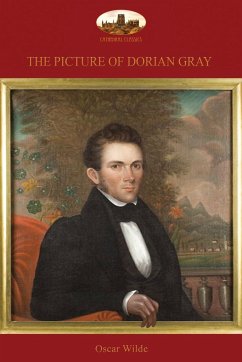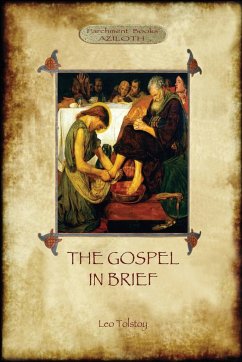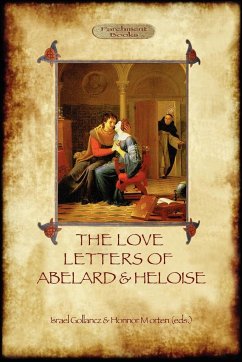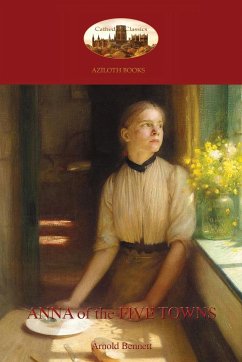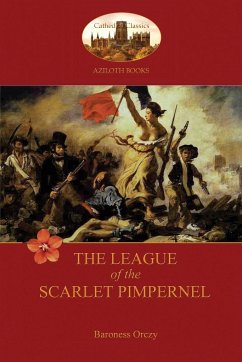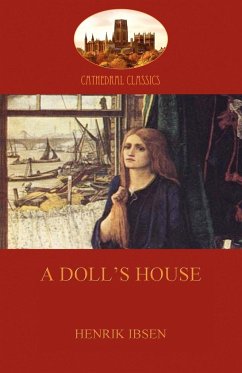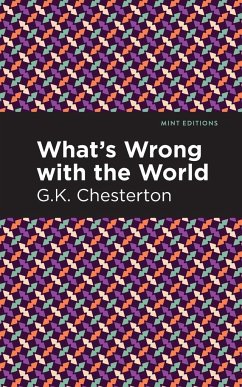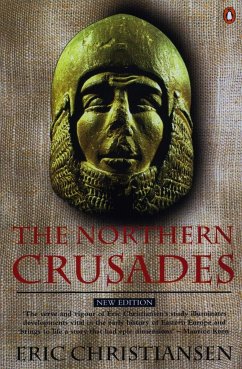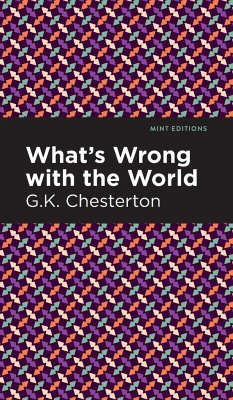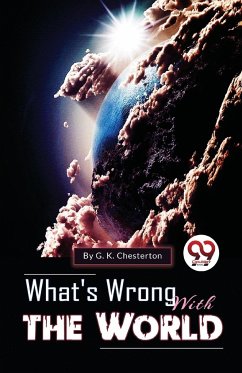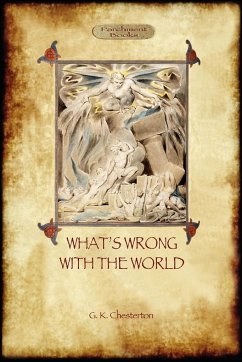
What's Wrong with the World (Aziloth Books)

PAYBACK Punkte
6 °P sammeln!
Chesterton's famous response to the 'London Times' question: 'What's Wrong with the World?' (he replied: "I am"), belied the great author's deep interest in human social problems. He eventually appropriated the query as the title of a new book - a polemic against what he saw as humanity's unfailing tendency to mistake the symptoms of a problem for the underlying cause of the dilemma, and thereby exacerbate the issue still further. Chesterton has been called 'The Apostle of Common Sense', and he turns his incisive thought and dry wit towards a series of topics, including prevailing attitudes on...
Chesterton's famous response to the 'London Times' question: 'What's Wrong with the World?' (he replied: "I am"), belied the great author's deep interest in human social problems. He eventually appropriated the query as the title of a new book - a polemic against what he saw as humanity's unfailing tendency to mistake the symptoms of a problem for the underlying cause of the dilemma, and thereby exacerbate the issue still further. Chesterton has been called 'The Apostle of Common Sense', and he turns his incisive thought and dry wit towards a series of topics, including prevailing attitudes on sex, feminism and education, all of which he believed would eventually corrupt and destroy western society. The result is a book that, despite being written over a century ago, comes across as a trenchant critique of modern culture - a shockingly contemporary and startlingly pertinent appraisal of present day social problems.





